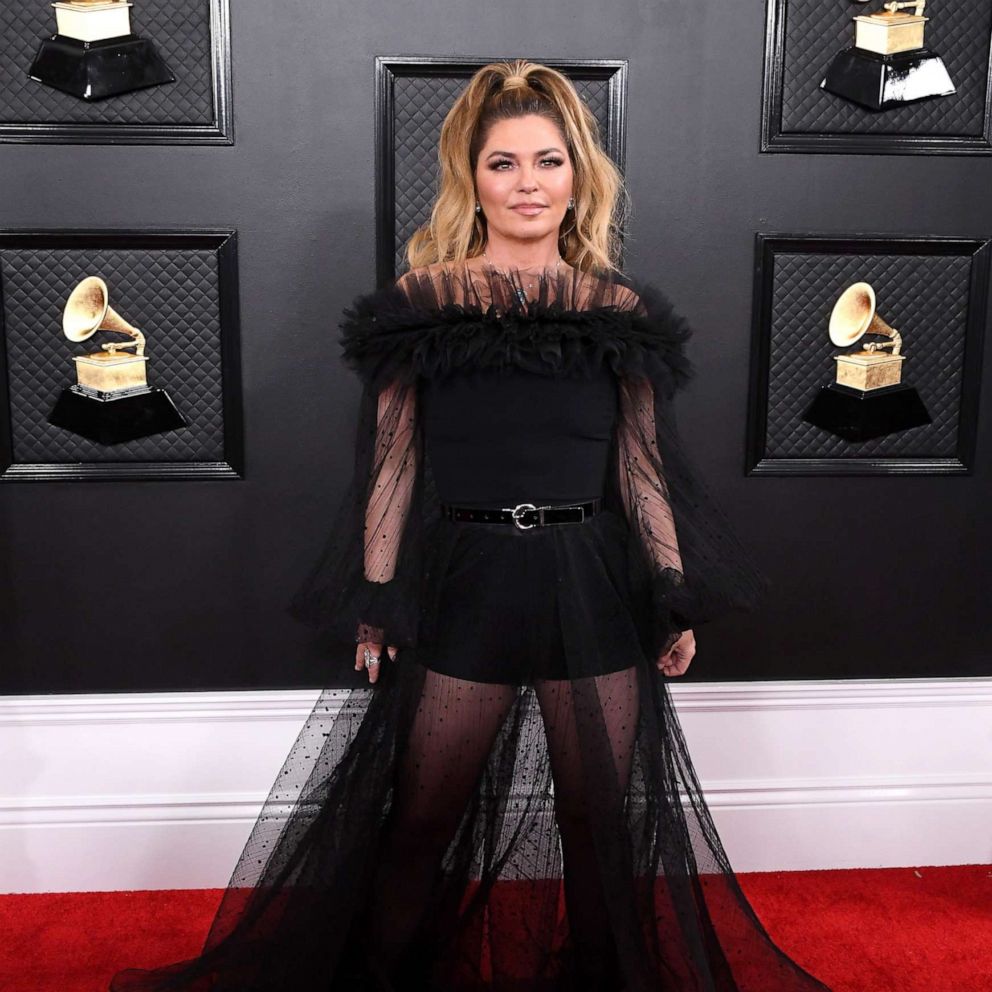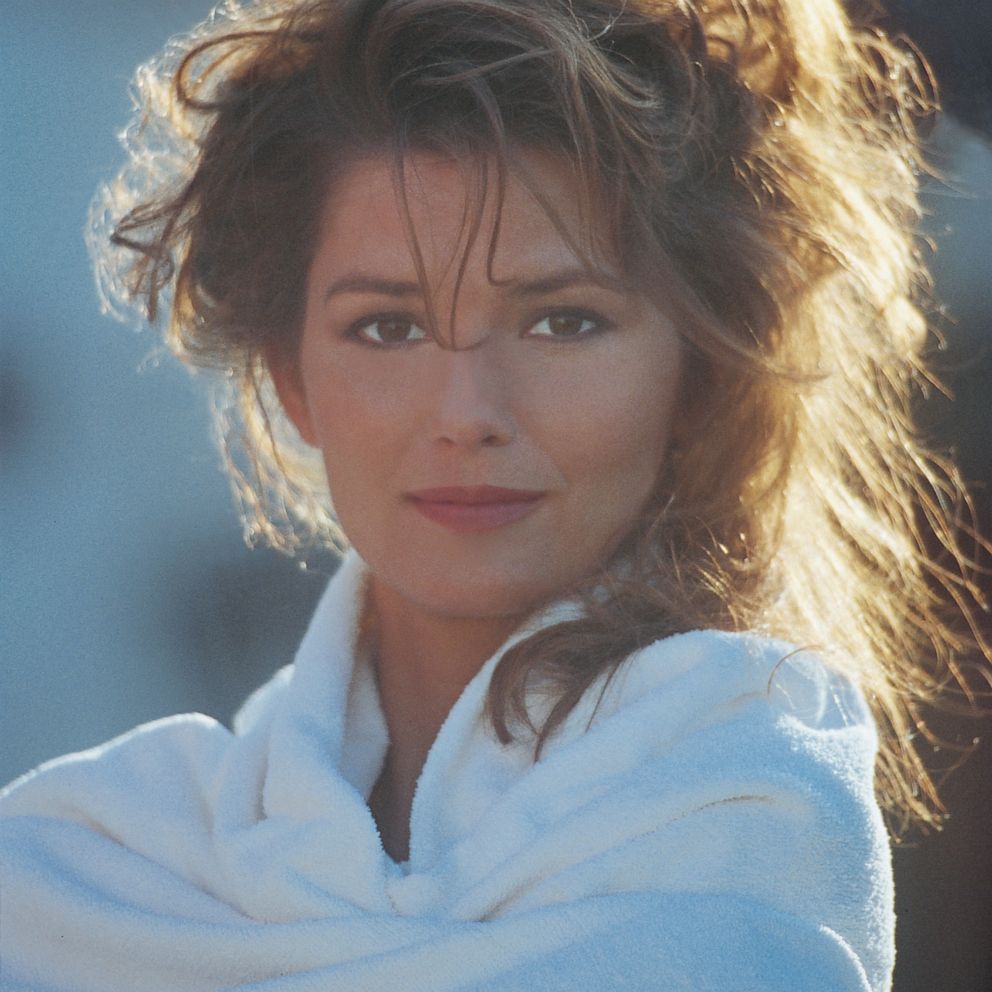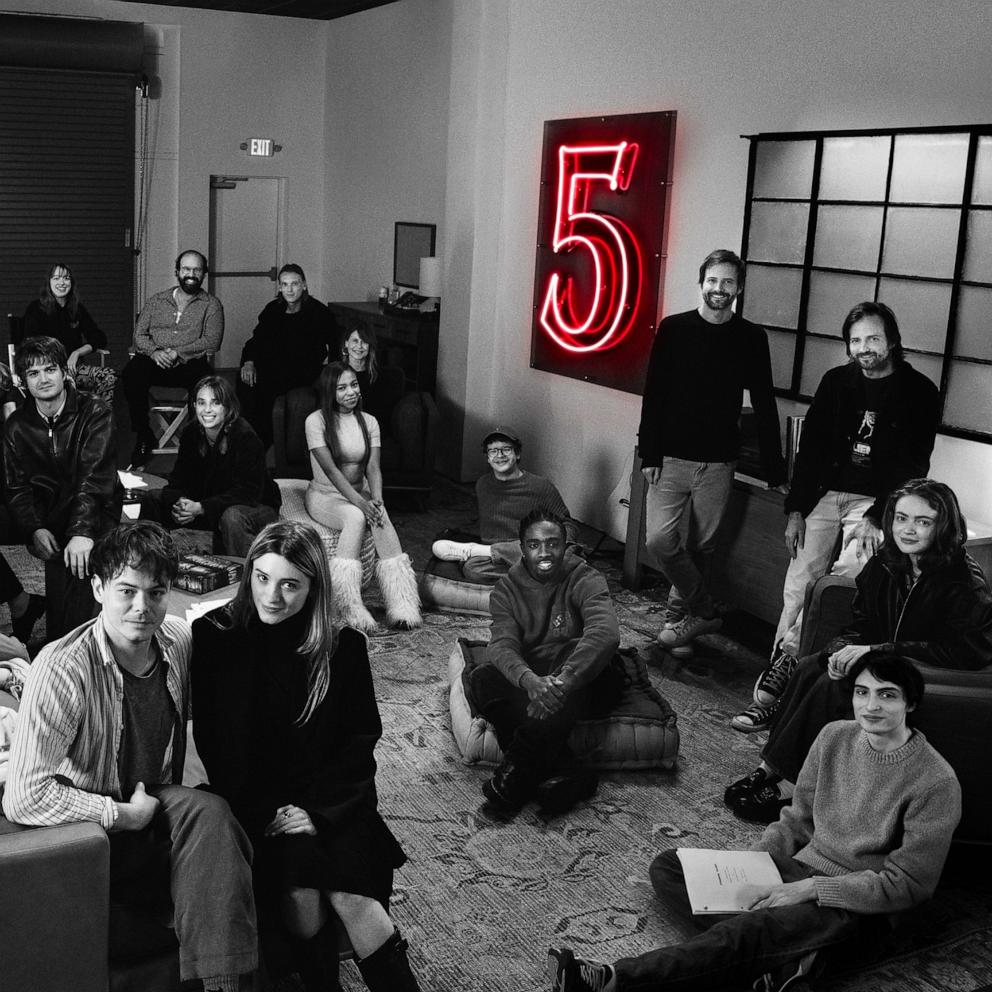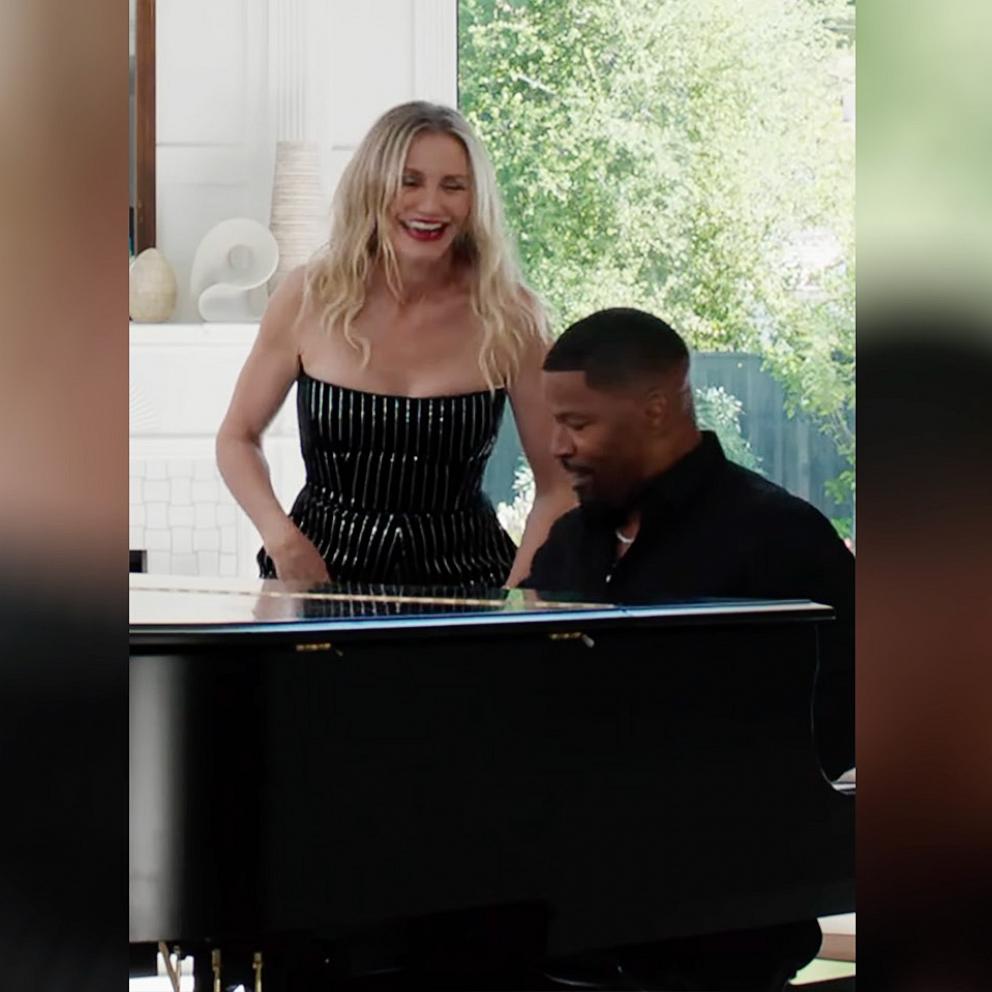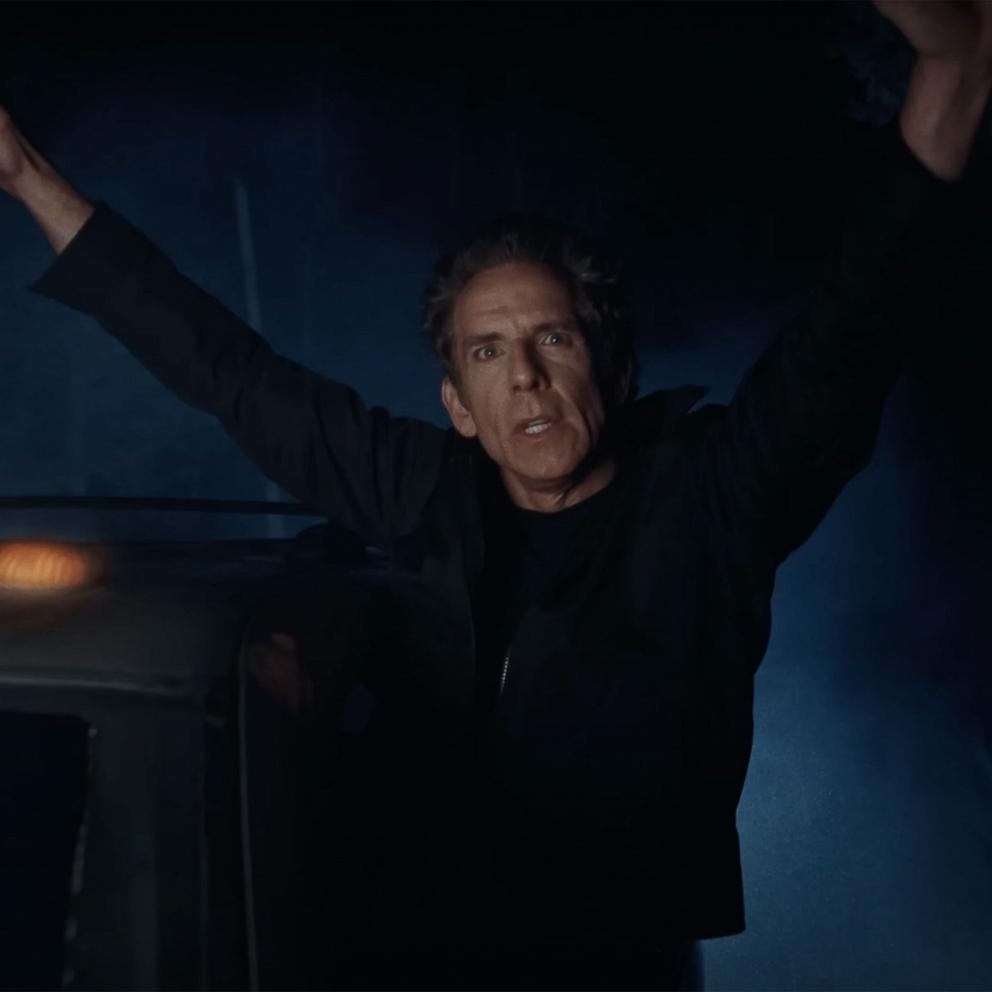Shania Twain talks fighting for change in country music industry: 'We are nowhere near equality yet'
Shania Twain became a leader in the country music industry when she took over the charts in the 90s. Today, she is still fighting for more space to allow other female artists to succeed.
The five-time Grammy Award-winning artist, who is the bestselling female country artist of all-time in the U.S., recently opened up on the fight for more female representation in the industry and how hard she had to fight to get to where she is now.
Twain said she feels that women have a different experience, specifically a disadvantage, in entering not only the country music industry but also in all walks of life.
"I think women in every platform in life need to make more of a statement, not necessarily be louder, just they have to know themselves better," she told "Good Morning America."
"They need to almost excel beyond the average male in order to be heard, to stand out enough ... and to be recognized," she continued. "A lot of that is just lack of opportunity, so we have to fight harder in order to get our opportunity."
The singer shared that she feels women need to make the most of the opportunities presented to them because they can "get shut down a lot sooner, if we allow that to happen."
"We're always on guard, and I think that that was just my whole feeling growing up, not just because I was a woman, but also just because I grew up poor, I was disadvantaged in a lot of ways," she said. "And being in the country music industry as a woman can be a disadvantage. It's just a fact."
This has become more of an open conversation in recent years, according to Twain.
Learning to put herself first and control her own destiny
Twain said her own background shaped why she chose to speak out and deviate against the norm so early in her career.
"I always had to fight harder as a kid -- and growing up in my adolescence -- in order to be seen, to be heard ... so it's become part of my character and my self expression," she said.
She said she is "very shy" and never imagined what her life would become.
"I never really wanted to be the center of attention," she said. "I always dreamt of being the backup singer to Stevie Wonder. That was my big dream as a singer -- and then to write incredible songs that other artists would record. That would be my honor and those were my creative dreams."
However, she said her mother pushed her to venture into the spotlight and told her, "'the only way you're ever going to make money is if you're the one out there in the middle of it all...'"
Despite suffering from extreme stage fright, which she said she still faces even now, she came to realize she had to put herself first.
"Putting survival first, understanding -- and with more and more maturity as I went -- that the only way to succeed, and by succeeding I mean just even exist, to be seen, to be recognized, to be respected, you have to dive in and put your fears aside and you cannot let your fears get in your way," she said. "This has created a very, very dynamic side of me that I otherwise may not have grown into if I didn't have the disadvantage of being female in this industry."
Demanding respect and being a 'sensual woman'
Twain's hit song, "Man! I Feel Like a Woman!" has long been a face for female empowerment in the music industry.
She told "GMA" that one of the reasons she feels her 1995 Grammy Award-winning album, "The Woman in Me," was so successful, selling an estimated 20 million copies worldwide, was because so many women could relate to it at the time.
The singer said she embraced being a "sensual women" early in her career and refused to change for anyone.
"I never felt it was right to ask me to downplay my femininity just to be respected for my art," she said. "I resented that and I thought, 'No, in fact, I'm going to make my very first video braless -- because I'm a woman, and I don't feel like I need to strap myself down anymore, which is what I always did when I was in high school."
She remembers playing football in school and wearing several bras, "so that I wouldn't bounce while I was playing so that I wouldn't be a distraction."
However when it came to entering her music career, she wasn't going to abide by that to please anyone else. "I'm not going to strap them down, so this is who I am," she reflected. "I just started getting more and more comfortable with my talents, in demanding respect for it, and at the same time being a woman and not apologizing for it.
Advancing the fight for gender equality in the country music industry
In recent years, more women are using their voice to support female talent in the male-dominated country music industry.
A study by Dr. Stacy L. Smith and the USC Annenberg Inclusion Initiative, released in April 2019, showed that only 16% of the 500 songs on the Year-End Billboard Hot Country charts from 2014 to 2018 were from women.
In partnership with CMT’s Equal Play Campaign, Dr. Jada E. Watson also released research in February 2020 that showed women accounted for roughly 10% of the space "within country music culture by 2019."
The 2019 Country Music Association Awards, hosted by Carrie Underwood, Dolly Parton and Reba McEntire, celebrated female voices in the history of country music and advocated for more representation. Some winners of the night used their acceptance speeches to call out the continued push for gender equality.
This call for change has been pushed to the forefront, but many are skeptical of the progress that's been made when considering airplay on the radio and more. Twain, a voice who has spoken about this issue for years, says the industry still has a lot of work to do.
"You realize how much room there is for females in country music -- tons -- because we are nowhere near equality yet," she said. "That is good news for us. I only see it as good news, and we have to make room for ourselves. We have to make better music. We have to be at our utmost best, strive for excellence, and that is the only way. We can't be passive and we have to persevere."
Twain's message to her female colleagues on pushing the fight forward?
"Whatever your work is, whatever you create has to be absolutely excellent," she said. "You can't look to the guy next to you and the other guy to the next side of you and the one above you and the one below you and say, 'Oh, I'm going to match what they're doing and I should be okay.' You can't take that for granted. You have to outdo yourself."
"It's never going to be good enough. It's always got to be better," she advised. "Be true to yourself as how you want to be represented...Have your intentions clear in your mind already, that's where you're going to get your confidence when you represent yourself."
